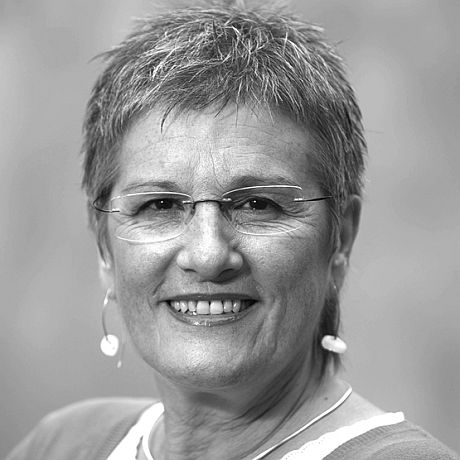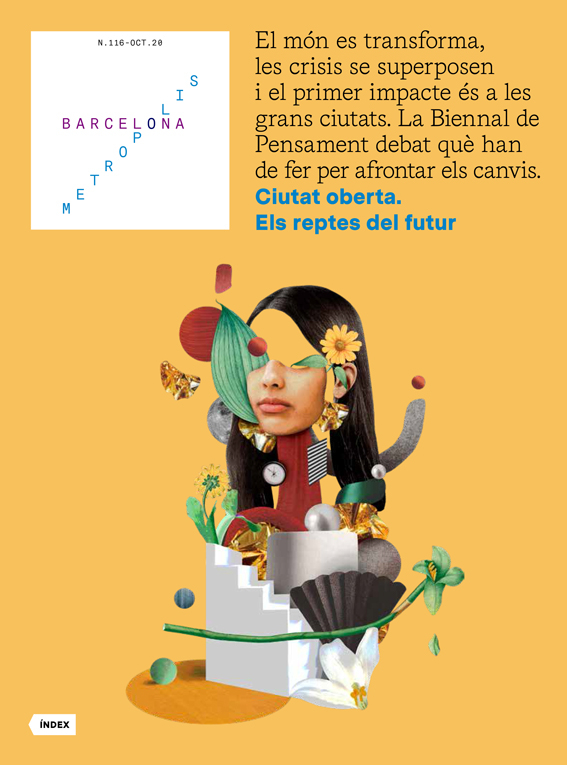Thinking the cities of tomorrow
Times of crisis are also times of danger for democracy. Fear of the future can fuel the temptation to embrace an authoritarian response. What do we need to do to make democracy come out stronger on the other side? The authors invited to contribute to this issue of Barcelona Metròpolis reflect on these issues.
When the first edition of the Open City: Biennial of Thought came to an end two years ago, we didn’t envisage that the second edition would need to be organised amidst a global pandemic that has already caused more than one million deaths and has altered every parameter of public and private life. The exceptional circumstances in which this second Biennial is being held remind us that we must add a new component to the all-too-familiar challenges, that is, uncertainty: unexpectedly having to address an unforeseen and unknown threat that puts all the cogs and gears of social organisation to the test.
The huge upheaval to the economy and to life triggered by the pandemic has pushed other no less important crises into the background, such as climate change and the social emergency resulting from growing inequalities. However, the COVID-19 crisis can also act as a catalyst for major on-going transformations that, once completed, will make tomorrow’s reality nothing like today’s. Remote work is the clearest illustration thereof.

Big cities will bear the first and most severe brunt of these transformations. For this reason, it is so important to have opportunities for reflection such as the one offered by the Biennial of Thought to discuss the major issues that will determine the future: how to deal with the environmental crisis; how the digital revolution or artificial intelligence will impact on people’s lives; what urban planning and spatial design tools must be adopted to make cities more resilient, friendlier and fairer in the distribution of resources; and how consumption and mobility models must be rethought to make them sustainable. Times of crisis are also times of danger for democracy. Fear of the future can fuel the temptation to embrace an authoritarian response. What do we need to do to make democracy come out stronger on the other side? The authors invited to contribute to this issue of Barcelona Metròpolis reflect on these issues.
The newsletter
Subscribe to our newsletter to keep up to date with Barcelona Metròpolis' new developments




